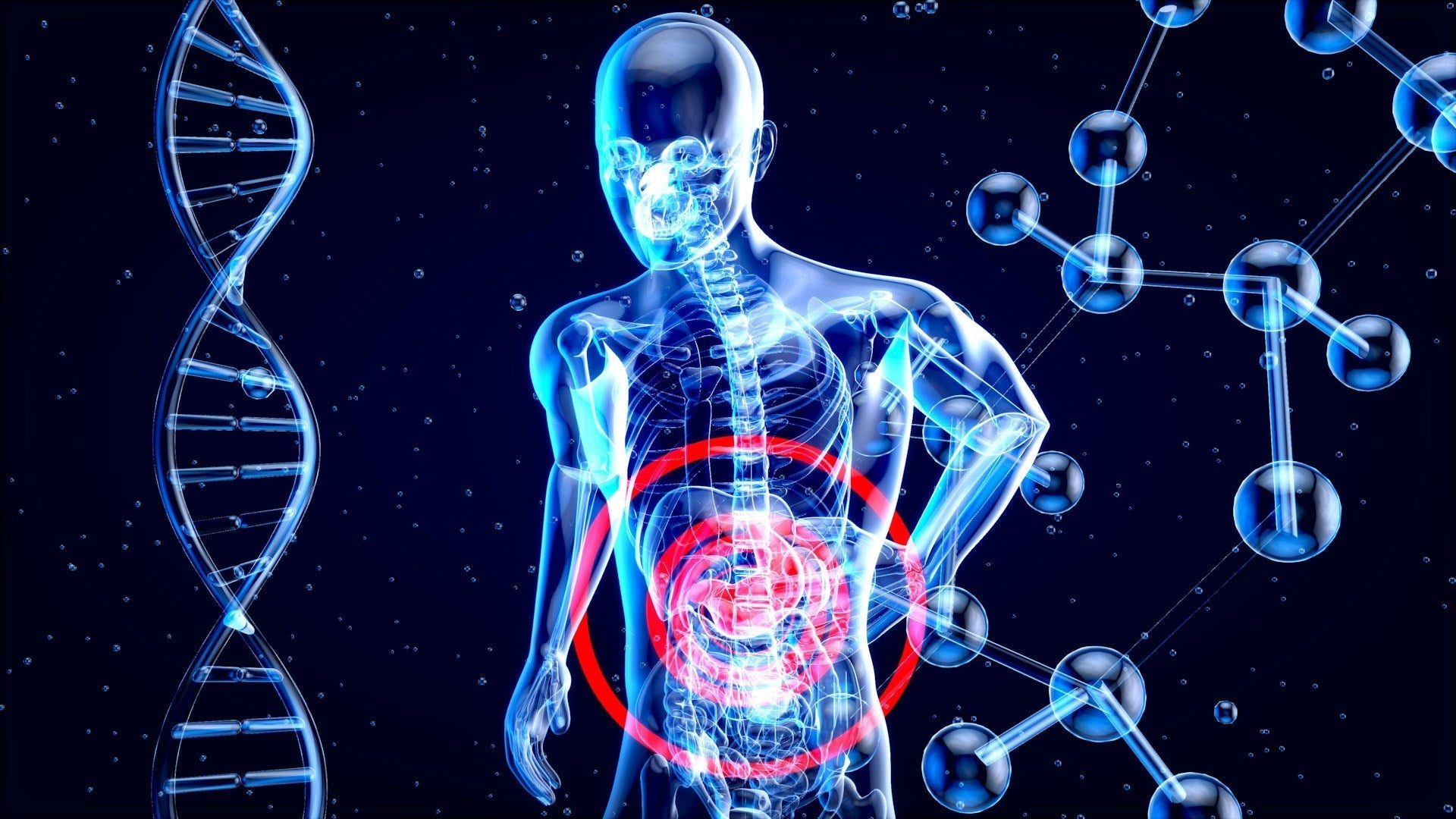Your Gut is Talking, Are You Listening?

When you think of what affects your mood, you probably think about sleep, stress, relationships, or maybe your job. You probably don’t think about your gut. But you should.
Inside your digestive system lives a vast ecosystem of bacteria, fungi, and other microbes—collectively known as the gut microbiome. It turns out, this microbial community doesn't just help you digest food. It communicates directly with your brain and plays a major role in regulating mood, energy, focus, and even how well you handle stress.
The phrase “gut feeling” may have more scientific weight than we realized.
The Gut-Brain Axis
The gut and brain are connected through a complex communication network called the gut-brain axis. This system links your central nervous system (the brain and spinal cord) with your enteric nervous system (the millions of neurons lining your gut). These two systems talk to each other constantly, using electrical signals, chemical messengers, and even hormones.
One of the main highways for this communication is the vagus nerve, which runs from your brainstem down through your chest and into your abdomen. When your gut is inflamed, imbalanced, or disrupted, those signals travel straight to the brain—and the effects can show up as brain fog, low mood, anxiety, or even depression.
The Role of Gut Bacteria in Mood

Gut microbes produce and interact with neurotransmitters—the chemical messengers that influence mood. For example, up to 90% of your body’s serotonin, a key mood-regulating neurotransmitter, is made in the gut. Other microbes help produce dopamine, GABA, and short-chain fatty acids that protect the brain and reduce inflammation.
When your gut is in balance, these microbes help regulate your nervous system and support emotional resilience. But when the microbiome becomes disrupted—a state known as dysbiosis—everything from mental clarity to emotional stability can be affected.
Symptoms of an imbalanced gut can include:
-
Mood swings or irritability
-
Anxiety or depressive symptoms
-
Brain fog and poor concentration
-
Bloating, constipation, or irregular digestion
-
Sugar cravings and fatigue
It’s not all in your head. Sometimes, it’s in your stomach.
Stress, the Gut, and a Vicious Cycle
Stress doesn’t just affect the mind. It impacts the gut too. Chronic stress can weaken the gut lining, increase inflammation, and disrupt microbial balance. That leads to more inflammation and more erratic signaling to the brain—which, in turn, worsens mood and stress levels. It’s a loop that reinforces itself unless something changes.
This feedback loop is why stress-related mental health conditions like anxiety often go hand in hand with digestive issues. It’s also why focusing on gut health can be a surprisingly effective way to support emotional well-being.
How to Support Your Gut for Better Mood
You don’t need an extreme cleanse or a cabinet full of supplements to improve your gut-brain health. In fact, some of the most powerful changes are simple lifestyle shifts.
1. Eat more plants
A diverse, fiber-rich diet feeds the good bacteria in your gut. Aim for a rainbow of vegetables, fruits, legumes, whole grains, and nuts. Polyphenol-rich foods like berries, olive oil, and dark chocolate are especially good for microbial diversity.
2. Cut back on processed foods
Highly refined foods, added sugars, and artificial sweeteners can feed the wrong kinds of bacteria and create imbalances that affect mood.
3. Include fermented foods
Yogurt, sauerkraut, kimchi, kefir, miso, and kombucha contain beneficial bacteria that can help restore microbial balance naturally.
4. Get quality sleep
Poor sleep alters the microbiome in just a few nights. Aim for 7–9 hours of consistent, high-quality sleep each night.
5. Move your body
Regular exercise has been shown to increase microbial diversity and reduce inflammation. Even a daily walk can make a difference.
6. Manage your stress
Breathwork, meditation, journaling, or time in nature can lower cortisol and support gut integrity. Remember, the communication between your brain and gut goes both ways—so calming the mind helps calm the gut.
The Future of Gut-Based Mental Health Care
The science of the microbiome is still emerging, but it's advancing quickly. Some mental health professionals are now incorporating gut health assessments into treatment plans. There’s even growing interest in psychobiotics—specific strains of probiotics shown to positively impact mood and anxiety.
While we’re still learning which bacterial strains have the most impact, the overall message is clear: a healthy gut creates a stronger, more stable mind.
Final Thoughts
You are not just what you eat—you’re also what your microbes make of it. Every meal you eat, every hour of sleep you get, and every moment of stress you manage affects the balance of your inner ecosystem. And that ecosystem, in turn, affects how you think, feel, and function.
When you listen to your gut, you’re listening to one of your body’s most powerful sources of wisdom. So pay attention. It may have more to say about your mental health than you ever imagined.




